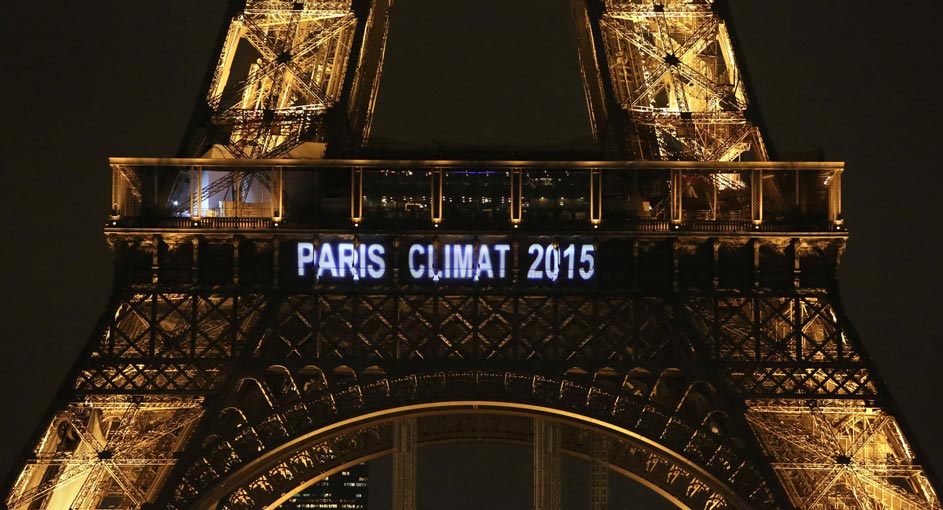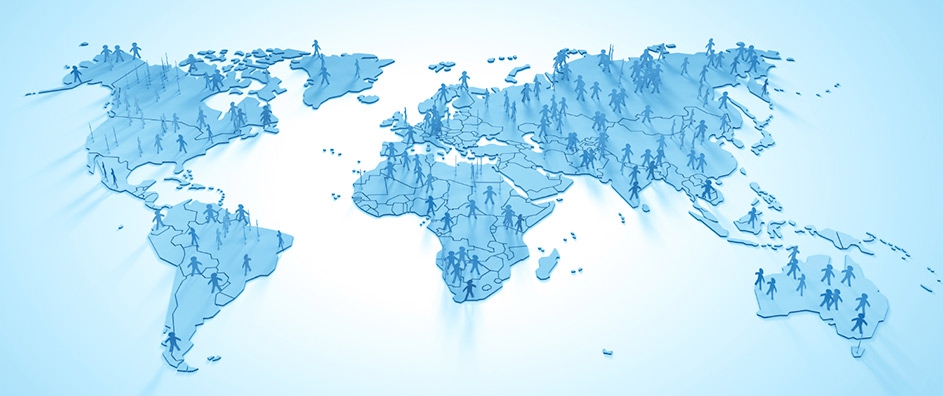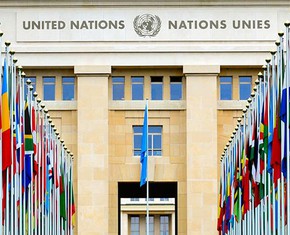Anthropogenic climate change is not inevitable; humanity chooses its relationships with the natural world. – Shared Vision, Shared Volition: Choosing Our Global Future Together, from The Baha’i International Community Statement for the Paris COP21 Climate Conference.
The success of the upcoming United Nations conference on climate change will hinge not only on binding agreements between governments, but also on the degree to which people everywhere adopt a new consciousness and conception of their place in the world.
This is among the main themes of a statement released this week by the Baha’i International Community, which seeks to consider how “new patterns of action and interaction” can be forged between individuals, communities and governing institutions to address climate change.
Titled “Shared Vision, Shared Volition: Choosing Our Global Future Together,” the five-page document will be officially distributed at the conference, known as COP-21, which began on 30 November. Here at BahaiTeachings.org, we’ll publish the new statement in serialized form over the next several days.

“Reform of institutional structures will be critical, and indeed this is a central focus of those gathered at COP 21,” says the statement, adding however that “setting humanity on a more sustainable path to the future involves transformation in attitudes and actions.”
“Ultimately,” the statement continues, “it is people, whatever their role or place in society, who implement the policies of a central administration or ignore them, who participate in well-conceived programs or continue patterns of life as before.”
“We all have agency and none of our decisions are without consequence. Establishing sustainable patterns of individual and collective life will therefore require not only new technologies, but also a new consciousness in human beings, including a new conception of ourselves and our place in the world,” the statement says.
The BIC document also suggests that religion itself can play a critical role in motivating such reflection and action:
“Religion offers an understanding of human existence and development that lifts the eye from the rocky path to the distant horizon. And when true to the spirit of its transcendent founders, religion has been one of the most powerful forces for the creation of new and beneficial patterns of individual and collective life,” the statement says.
“…truly transforming individual and collective patterns of life will require a much deeper appreciation of the interconnectedness of the planetary biosphere. People and the environment are inter-connected aspects of one organically integrated system. At this point in history, neither can be accurately understood in isolation from the other,” the BIC statement says.
The Baha’i teachings strongly state that human civilization requires spiritual guidance from God to properly function:
Consequently, when thou lookest at the orderly pattern of kingdoms, cities and villages, with the attractiveness of their adornments, the freshness of their natural resources, the refinement of their appliances, the ease of their means of travel, the extent of knowledge available about the world of nature, the great inventions, the colossal enterprises, the noble discoveries and scientific researches, thou wouldst conclude that civilization conduceth to the happiness and the progress of the human world. Yet shouldst thou turn thine eye to the discovery of destructive and infernal machines, to the development of forces of demolition and the invention of fiery implements, which uproot the tree of life, it would become evident and manifest unto thee that civilization is conjoined with barbarism. Progress and barbarism go hand in hand, unless material civilization be confirmed by Divine Guidance, by the revelations of the All-Merciful and by godly virtues, and be reinforced by spiritual conduct, by the ideals of the Kingdom and by the outpourings of the Realm of Might. – Abdu’l-Baha, Selections from the Writings of Abdu’l-Baha, p. 283.
With climate change threatening to “uproot the tree of life” across the world, the global Baha’i community has issued a call to all people to choose our global future together. Follow along in the next three installments of this series of articles to read and ponder that climactic call.
















Comments
Sign in or create an account
Continue with Googleor